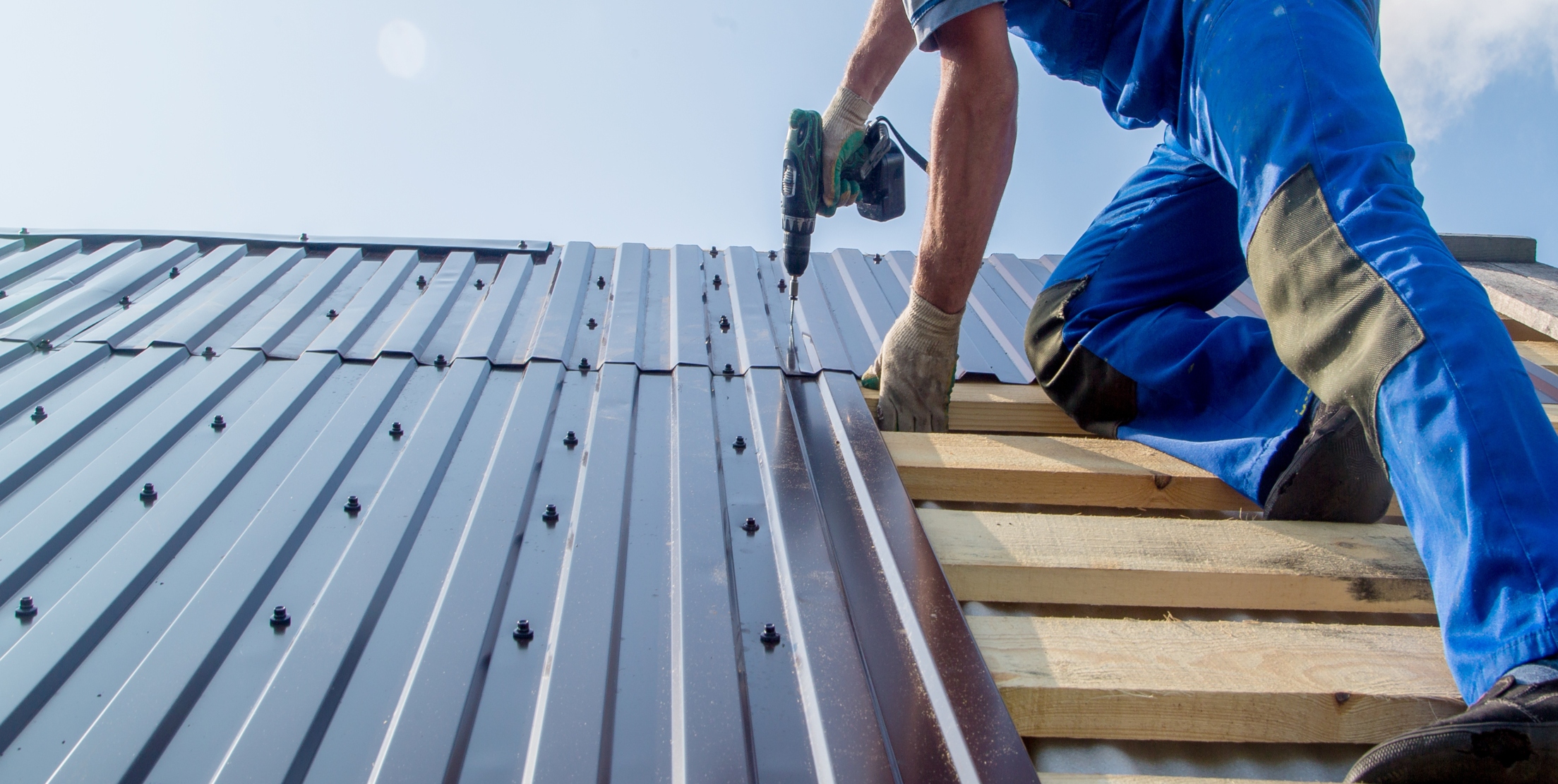When a storm strikes, homeowners may be left with severely damaged homes. Insurers can help policyholders prevent destructive damage through greater incentives for wind mitigation.
WaterStreet Company’s P&C Insurance Solutions allow carriers to access all the data they need to form predictions on where these costs are headed.
2024 Wind and Storm Outlook
This year, the United States is predicted to have above-normal hurricane activity with up to 25 named storms. The NOAA has cited near-record warm ocean temperatures, La Niña conditions in the Pacific, and reduced trade winds – a recipe for powerful and destructive storms.
Late summer is time for insurers and policyholders to consider protection from high-risk storms, including steps toward wind mitigation.
What is Wind Mitigation?
Wind mitigation is the process of assessing and improving a structure’s ability to withstand high winds, such as those caused by hurricanes, tornadoes, and other severe weather events.
In areas that are prone to strong winds, wind mitigation is an essential aspect of building and home ownership, as it helps to reduce damage and protect people’s lives and property.
In recent decades, the frequency of tornadoes has shifted to southeastern locations of the United States, calling for closer attention to wind mitigation and wind coverages in states such as Alabama, Georgia and South Carolina.
Wind Mitigation Inspections
A wind mitigation inspection is a detailed inspection of a building’s structural elements, including the roof, walls, windows, doors, and foundation. During the inspection, the inspector will assess the quality and condition of these areas of the home and identify any weaknesses or vulnerabilities that could be exploited by high winds.
The inspector’s recommendations for greater wind resistance may include:
- Hurricane straps for the roof
- Impact-resistant windows and doors
- Reinforced walls and foundation
- Improved ventilation system to reduce the risk of wind pressure buildup
Homeowners pay the inspection fee, ranging from $85 – $125, and choose to follow up with improvements revealed during the inspection.
It’s important for insurers to express this opportunity to homeowners. When insurers offer discounts for homes that have undergone wind mitigation, policyholders are more satisfied and claims costs are decreased.
There is a reduced risk of high claims payouts after major storms and the insurer provides greater customer satisfaction with the company’s involvement before damage occurs. Policyholders feel more trusting of their insurer and more protected in their homes.
Why Invest in Wind Mitigation?
Insurers can benefit from homeowners who seek wind mitigation measures as these precautions could prevent claims down the line. There are several benefits to both the insurer and the insured by investing in wind mitigation measures:
1. Reduce Claims Costs
Wind mitigation can significantly reduce the risk of damage and loss of property during high wind events. This can result in lower insurance premiums and deductibles, as insurers may offer discounts for homes and buildings that are better protected against wind damage. The total claims cost after a destructive storm is also likely to be less than if mind mitigation was not completed.
2. Improve Energy Efficiency
Wind mitigation measures can also improve the energy efficiency of a structure. By improving ventilation and reducing the risk of air leaks, the building can maintain a more consistent temperature and require less heating and cooling. This can lead to lower utility bills and a more comfortable living or working environment.
3. Meet Local Regulations
Wind mitigation measures may also be required by local building codes and regulations. For example, in areas that are prone to hurricanes, building codes may require that homes and buildings meet specific wind resistance standards to ensure the safety of occupants.
It is important to note that wind mitigation is not a one-time process. As buildings age and weather conditions change, their ability to withstand high winds may diminish. Therefore, it is recommended that homeowners and building owners have their structures inspected and updated on a regular basis to ensure that they remain protected against wind damage.
WaterStreet Company & Wind Mitigation
WaterStreet Company supports insurers with next-generation P&C Policy Administration Software. Access all policy, claims, and billing data with 60+ standard reports and data integrations throughout for informing the policy lifecycle. Customers gain access to their own white-label Insured Portal for easy communication and document sharing.
We aim to provide insurers a cloud-based solution with an advanced API for your solution to grow with the company. We understand the importance for carriers and MGAs to adapt to market changes. Ask us about our additional services for accounting, policy, distribution and customer service support.
Reach out to WaterStreet Company today to request a consultation and demo.




